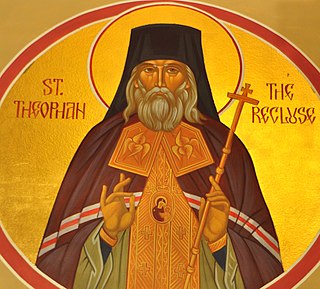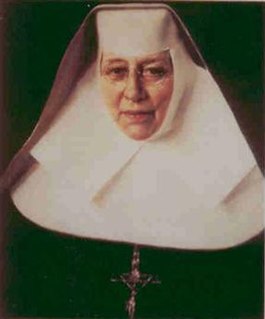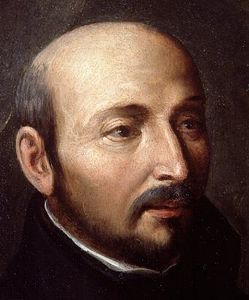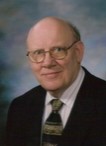A Quote by John Calvin
Holiness is not a merit by which we can attain communion with God, but a gift of Christ, which enables us to cling to him, and to follow him.
Related Quotes
We are called upon to obey and follow our Lord the Christ, but it is not because of any fear of Him or of the consequences if we did not follow; it is the love of Christ which constraineth us, as we are told in the Epistle for the first Sunday of Lend. It is because of our love and gratitude to Him that we must follow Him, that we must strain every nerve to make ourselves like Him. That is our reason--not fear but love.
It has been said that God's gift is also indescribable because of the grace by which it is given. God, who is rich in mercy, gave the world the gift of His dear Son while we were at enmity with Him. Paul says: 'But God commendeth His love toward us, in that, while we were yet sinners, Christ died for us' (Rom. 5:8). Therefore, in Him we are freely given all things: redemption, forgiveness of sins, righteousness, peace, hope, wisdom and knowledge.
This, then, is the foundation of sanctification in Reformed theology. It is rooted, not in humanity and their achievement of holiness or sanctification, but in what God has done in Christ, and for us in union with him. Rather than view Christians first and foremost in the microcosmic context of their own progress, the Reformed doctrine first of all sets them in the macrocosm of God's activity in redemptive history. It is seeing oneself in this context that enables the individual Christian to grow in true holiness.
So let us ask ourselves this evening, in adoring Christ who is really present in the Eucharist: do I let myself be transformed by him? Do I let the Lord who gives himself to me, guide me to going out ever more from my little enclosure, in order to give, to share, to love him and others? Brothers and sisters, following, communion, sharing. Let us pray that participation in the Eucharist may always be an incentive: to follow the Lord every day, to be instruments of communion and to share what we are with him and with our neighbour. Our life will then be truly fruitful.
Not simply the righteousness of our Saviour, not simply the beauty of His holiness or the graces of His character, are we to put on as a garment. The Lord Himself is our vesture. Every Christian is not only a Christ bearer, but a Christ wearer. We are so to enter into Him by communion, to be so endued with His presence, and imbued with His Spirit that men shall see Him when they behold us, as they see our garments when they look upon our bodies.
...God has made provision for our holiness. Through Christ He has delivered us from sin's reign so that we now can resist sin. But the responsibility for resisting is ours. God does not do that for us. To confuse the potential for resisting (which God provided) with the responsibility for resisting (which is ours) is to court disaster in our pursuit of holiness.
If God gives you an abundant harvest of trials, it is a sign of great holiness which He desires you to attain. Do you want to become a great saint? Ask God to send you many sufferings. The flame of Divine Love never rises higher than when fed with the wood of the Cross, which the infinite charity of the Savior used to finish His sacrifice. All the pleasures of the world are nothing compared with the sweetness found in the gall and vinegar offered to Jesus Christ. That is, hard and painful things endured for Jesus Christ and with Jesus Christ.





































